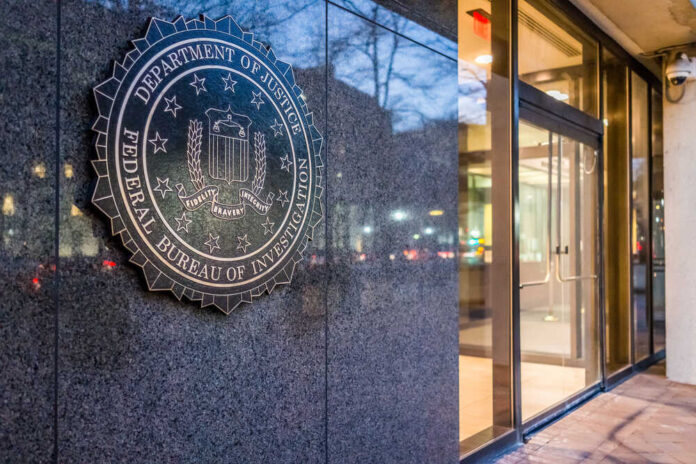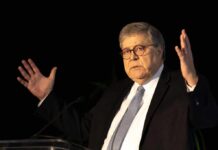
Despite the damning revelations of the Durham report, Peter Strzok, the former FBI agent at the heart of the Trump-Russia probe, has audaciously dismissed the investigation’s findings. His bold assertion that the Durham probe “never should have taken place” appears to be a desperate attempt to divert attention from the damning accusations revealed in the report.
The Durham investigation revealed significant revelations from 2016, including that the CIA sent a “referral memo” to Strzok and then-FBI Director James Comey. The memo detailed a plan Hillary Clinton’s campaign had allegedly concocted to link then-candidate Donald Trump to Russia, stirring a scandal to detract from her private email server controversy.
Yeah, I find that most all inmates in prison feel that their investigation should've never taken place too.
Peter Strzok complains Durham probe 'never should have taken place' after report uncovers damning accusation https://t.co/p0iPMBp8Yb
— Max Headroom (me/it) (@Max_Headroom_52) May 17, 2023
Despite the explosive nature of this intelligence, the Durham report noted that no FBI personnel could recall receiving the referral memo or acting upon it. This startling revelation implies that high-ranking agents, like Strzok, failed to share critical information, such as the “Clinton Plan intelligence,” with their investigative team.
In response to the report, Strzok brazenly downplayed its significance, stating on MSNBC, “Look, this is a predictable, sad ending to an investigation that never should have taken place.” Yet, his deflection seems to ignore the weight of the report’s findings, which highlighted a “lack of analytical rigor, apparent confirmation bias, and an over-willingness to rely on information from individuals connected to political opponents.”
Strzok, previously dismissed from the FBI due to perceived bias against Trump during the “Crossfire Hurricane” investigation, now accuses Durham of bias. However, his claim sidesteps his controversial history, including the discovery of multiple anti-Trump texts in 2016.
In an attempt to justify the Russia investigation, Strzok emphasized its importance to national security and its accordance with DOJ and FBI regulations. Yet, the Durham report paints a different picture, stating, “FBI records prepared by Strzok show that at the time of the opening of Crossfire Hurricane, the FBI had no information in its holdings indicating that at any time during the campaign, anyone in the Trump campaign had been in contact with any Russian intelligence officials.”
The gap between Strzok’s portrayal and Durham’s findings is considerable. While Strzok insists that the investigation was justified, Durham’s report suggests an alarming lack of oversight and potential disregard for significant intelligence.
Strzok’s attempts to diminish the Durham report’s implications seem inconsistent with the evidence presented. His emphatic denial that the investigation should have occurred rings hollow against the backdrop of a report filled with unanswered questions and unexplained actions.
This scenario raises crucial concerns about transparency, accountability, and the integrity of our nation’s intelligence and investigative agencies. In light of the Durham report, Strzok’s dismissive response underscores the need for a more thorough understanding of what transpired during the Trump-Russia probe.













